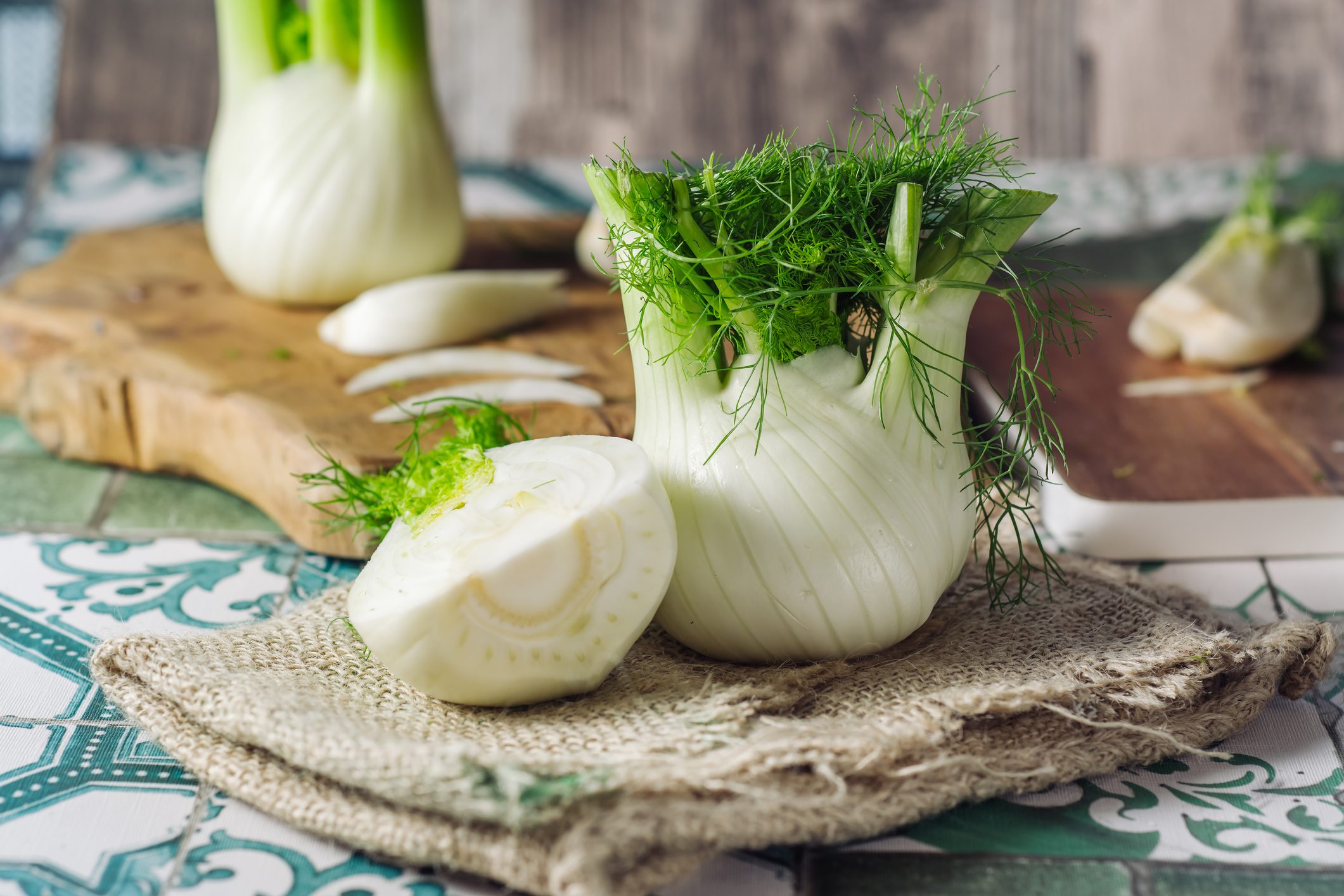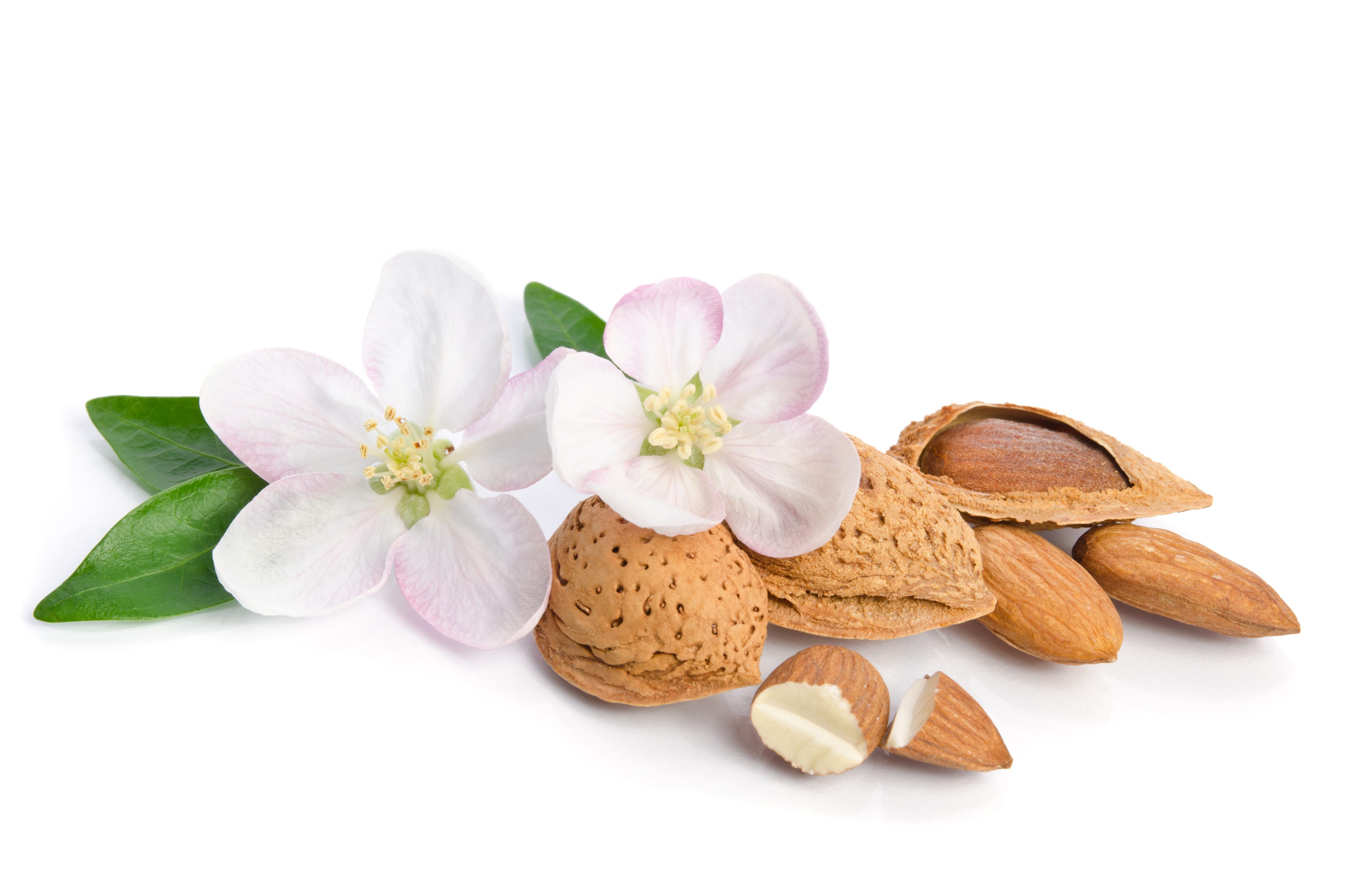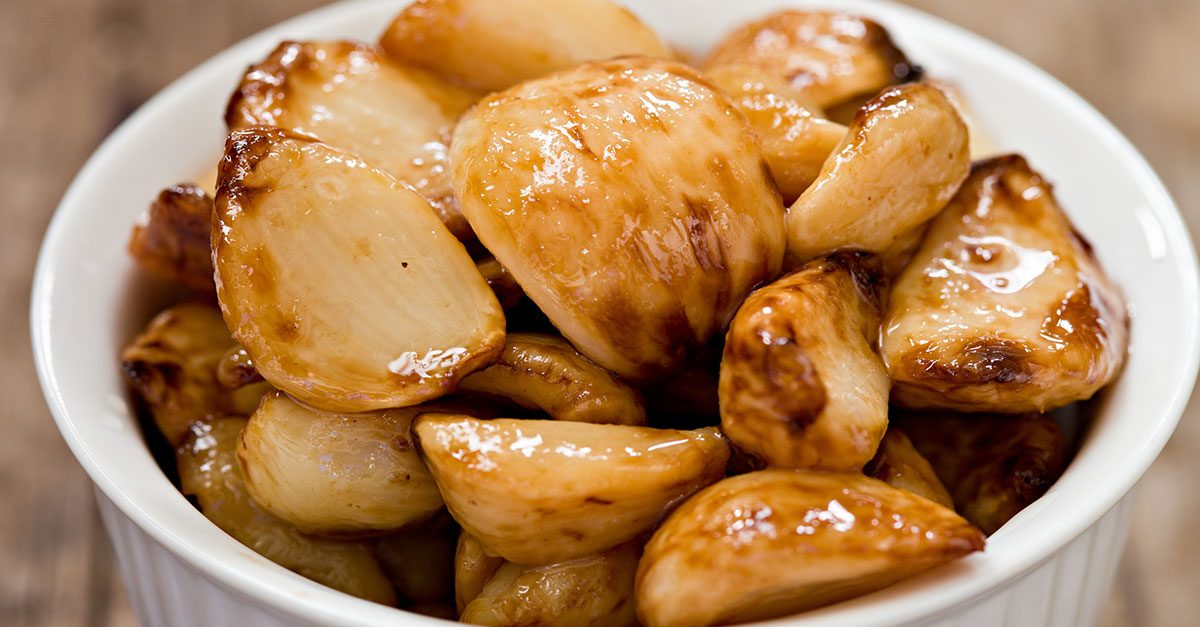Fennel: properties, benefits and culinary uses
Recommended for those suffering from intestinal disorders, digestion or water retention, or for those who simply want a purifying herbal tea, fennel is very low in calories and rich in phosphorus, calcium and vitamins.
;Resize,width=742;)
Fennel is a vegetable rich in beneficial and digestive properties, a real panacea for our body: as a snack it calms down hunger and it is ideal for those who follow a low-calorie diet, but it can also be used as a protagonist of simple and tasty recipes. Fennel is a great ally of our intestines and our liver due to its purifying properties. Known since the times of the ancient Egyptians, there are two varieties of fennel: wild fennel that has a stronger and more aromatic taste, and the cultivated fennel, the one we use most often in the kitchen. In any case, nothing is thrown away from the fennel, from flowers to seeds everything can be used in the kitchen. Recommended for those suffering from intestinal disorders, digestion or water retention, or for those who simply want a purifying herbal tea, fennel is very low in calories and rich in phosphorus, calcium and vitamins.
Properties of fennel
Fennel is composed of about 90% water, 0.2 grams of fat, 2.6 grams of carbohydrates for a caloric level of 30 kcal per 100 grams. Here's what they contain in detail:
they are low in carbohydrates and high in fiber, which helps regular bowel movements; they also contain a good level of mineral salts that help the kidney function.

they contain a good amount of calcium, phosphorus, potassium and vitamin C, which have an antioxidant function and support the immune system.
they are fairly rich in flavonoids that stimulate and help liver function, but also counteract the action of free radicals.
Benefits of fennel
Fennel has many benefits on our body, let's see them in detail:
Fennel helps digestion: fennel is a precious ally of our stomach and our intestines, it has a detoxifying action and, where there are pathologies, it helps to counteract abdominal swelling and pain caused by spasms.

Fennel has a diuretic effect: the large amount of water present in the fennel makes them real natural diuretics, with a detoxifying and anti-hunger action.
Fennel stimulates and helps the liver function: the presence of flavonoids allows a regular liver function, especially when the seeds (also called achenes) are used to prepare infusions and herbal teas.
Fennel strengthens the immune system and bones: fennel is rich in potassium, calcium and vitamins that help strengthen the immune system.
Fennel helps and stimulates a natural weight loss: the long-term diuretic effect favors the contrast to water retention and therefore stimulates a natural weight loss.

Fennel helps the female hormonal balance: flavonoids and phytoestrogens present in fennel promote a good hormonal balance.
Culinary uses
Excellent raw as a snack between meals, as sticks to be dipped in delicious pinzimonios, fennel can also be protagonists of many recipes: they can be braised and fried, but also baked or pan-fried; excellent because they are low in calories, perhaps not everyone knows that of fennel you can use everything: for example, you can prepare purifying and fragrant herbal teas with seeds, and with wild fennel leaves you can prepare delicious liqueurs and even skin creams. And what about kitchen? When you want a tasty side dish, it is ideal to prepare fennel au gratin even in the light version without bechamel; if, on the other hand, you want to experiment with alternative recipes and amaze your guests, you can try our light but very tasty recipe of parmigiana with fennels.
;Resize,width=767;)
;Resize,width=712;)
;Resize,width=712;)
;Resize,width=712;)
